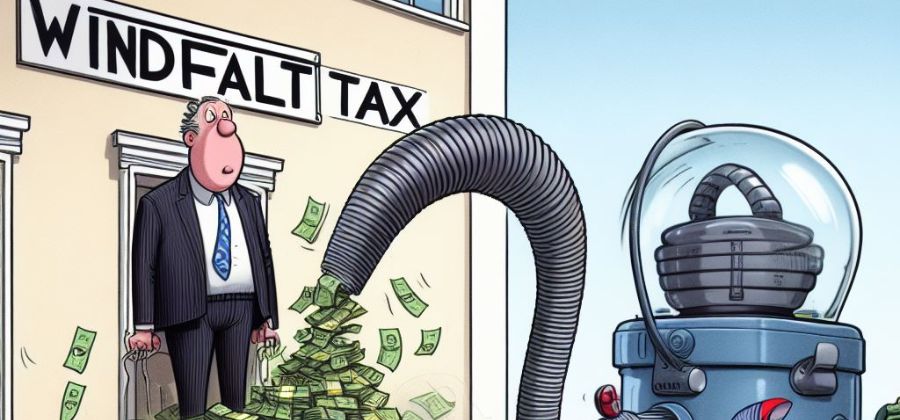
Repsol, the Spanish oil major, has warned that Spain’s potential extension of a windfall tax on large energy companies could hamper its projects in the country. The tax was included in a coalition deal between centre-left parties seeking to form a government. Repsol has committed to investing 2.55 billion euros in hydrogen production projects by 2030. The company also plans to increase its capital spending to over 5 billion euros this year from 4.18 euros billion in 2022. Additionally, Repsol is investing in sustainable fuel facilities at its refineries in Spain and has entered the renewable electricity generation sector
The Spanish government imposed a two-year, 1.2% levy for energy companies with a turnover of at least 1 billion euros in December last year. Windfall taxes for banks and energy firms have so far this year generated 2.9 billion euros ($3.06 billion) in revenues for the treasury.
The Socialists and Sumar agreed all companies would be taxed an effective 15% rate on their accounting profit which seeks to eliminate the impact of one-off items. Companies currently pay between 23% and 25% on underlying profit.
Repsol said that extending the levy would instead punish companies such as itself that invest in industrial assets, generate employment and guarantee the country’s energy independence. The tax could threaten Repsol’s future industrial projects in the country and favour importers who don’t generate employment or relevant economic activity.
Repsol’s adjusted net profit fell in the third quarter due to lower oil and gas prices, but it said it would raise its dividend to be paid out in January to 0.40 euros per share, 14% more than last year.
The possibility of maintaining a tax on energy companies, which was designed to be temporary and extraordinary could lead to a lack of stability in Spain’s regulatory and fiscal framework. Laws and regulation should protect Repsol from the impact of a temporary tax Spain’s government plans to impose on banks and energy companies, according to Repsol’s CEO.













